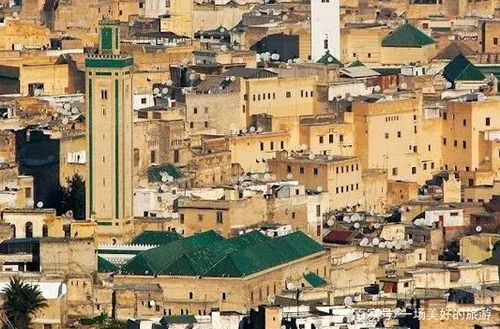Morocco, located in North Africa, is characterized by its rich cultural heritage, diverse geography ranging from coastal plains to the Atlas Mountains, and a strategic location near Europe. The country's population is around 36 million, with a significant youth demographic, which plays a crucial role in the nation's digital transformation.
Morocco's economy is diverse, encompassing agriculture, manufacturing, mining, and services. Tourism also plays a vital role. In recent years, there has been a push towards industrialization and technology, aiming to position Morocco as a regional economic leader.
The Moroccan government has prioritized IT and the internet as key sectors for development. The country has witnessed significant growth in internet penetration, currently around 60%, driven by mobile connectivity. The IT sector is growing, supported by government initiatives like the 'Digital Morocco 2020' strategy, focusing on enhancing digital infrastructure, promoting e-governance, and fostering IT education and innovation.
Morocco has made considerable advancements in digital infrastructure, including widespread internet access and improved telecommunications. However, challenges remain, such as bridging the digital divide between urban and rural areas and enhancing cybersecurity measures.
Fez, the cultural and spiritual capital of Morocco, has recently emerged as a hub for data centers. This growth is part of Morocco's broader strategy to enhance its digital infrastructure. The establishment of data centers in Fez aligns with the government's objective to decentralize IT resources and promote regional development.
Data centers in Fez boast state-of-the-art technology, including advanced cooling systems, robust security measures, and high-speed connectivity. These facilities are designed to be energy-efficient, leveraging Morocco's potential in renewable energy sources.
Fez is home to several major data centers, each offering a range of services from cloud storage to dedicated hosting. These facilities have varying capacities, designed to cater to both local businesses and international clients. Key players include local telecom giants and international IT firms, contributing to a competitive and dynamic market.
The data centers in Fez play a pivotal role in supporting Morocco's digital economy. They offer reliable and secure data storage solutions, enhance cloud computing capabilities, and provide essential services to various sectors, including finance, e-commerce, and government.
1.Instant Activation
Moroccan cloud servers offer the benefit of instant activation, allowing businesses and individuals to quickly deploy and manage their digital resources.
2.Self-Service Management
Users have access to self-service management tools, enabling them to perform tasks like online rebooting and system reinstallation effortlessly.
3.noVNC Console
The noVNC console feature provides users with remote access to their servers, ensuring flexibility and control over their operations.
4.Support for Various Operating Systems
These cloud servers are versatile, supporting various versions of both Linux and Windows, catering to a wide range of user preferences and requirements.
5.Online Monitoring of Traffic Usage
Users can monitor their traffic usage online, allowing for better management and optimization of their digital resources.
6.Affordable Monthly Rental
One of the most appealing aspects is the cost-effectiveness, with a monthly rental fee of just $9.6. This affordability makes it accessible to a wide range of users, from small startups to large corporations.
The launch of cloud servers in Fez marks a significant milestone in Morocco's digital journey. This development not only enhances the country's IT infrastructure but also positions Morocco as a key player in the regional digital landscape. With state-of-the-art data centers, advanced cloud services, and a strategic focus on digital growth, Morocco is well on its way to transforming its digital experience, both locally and regionally.
